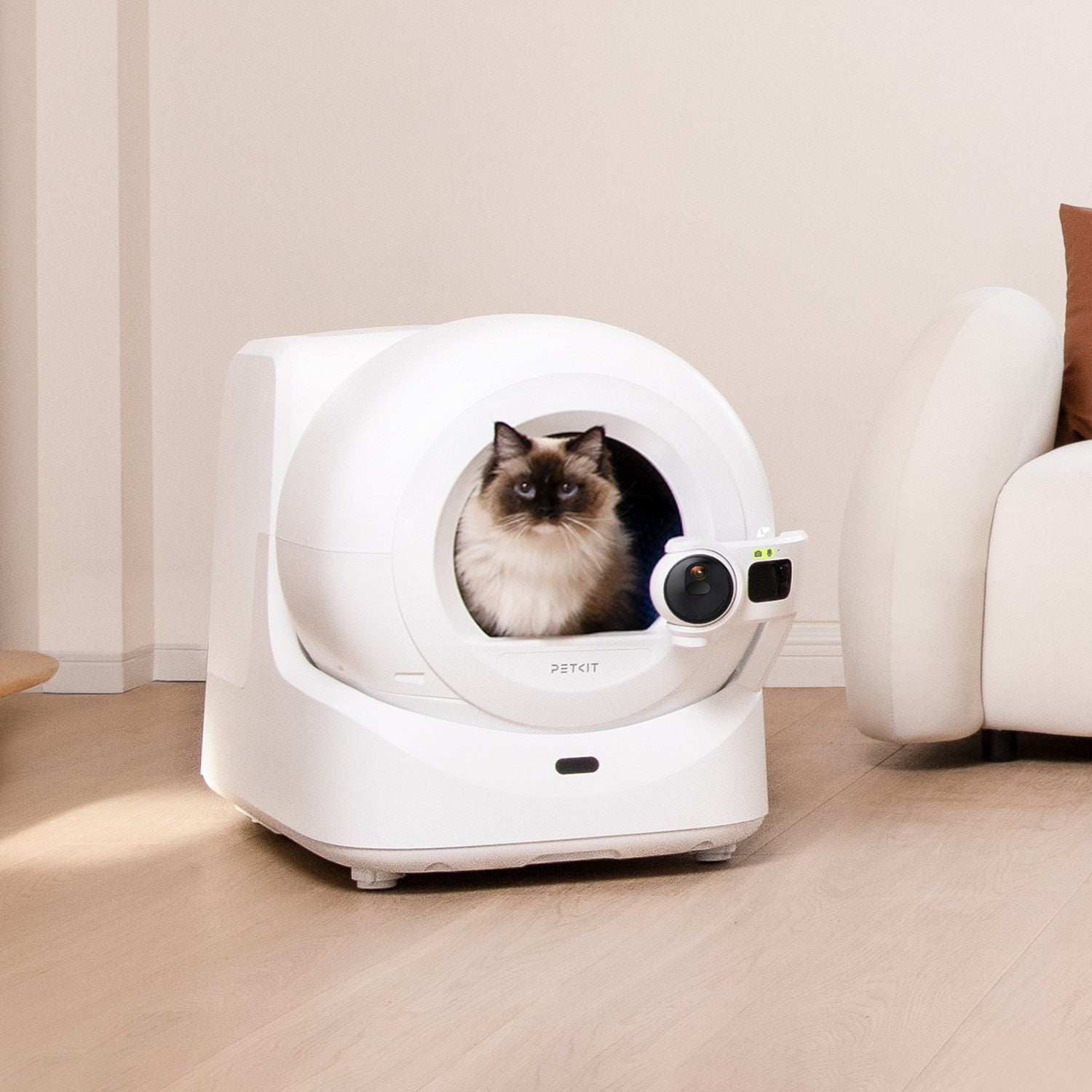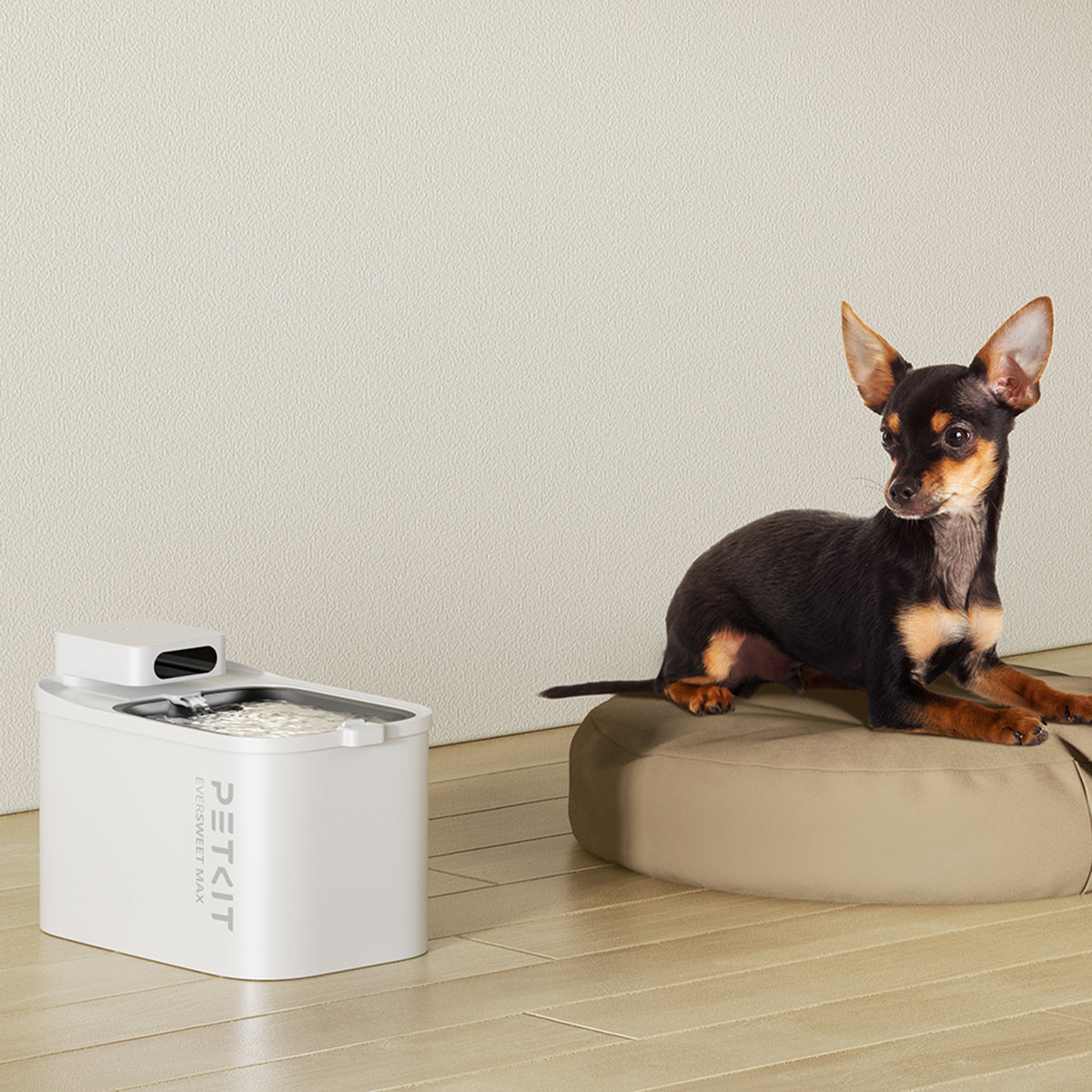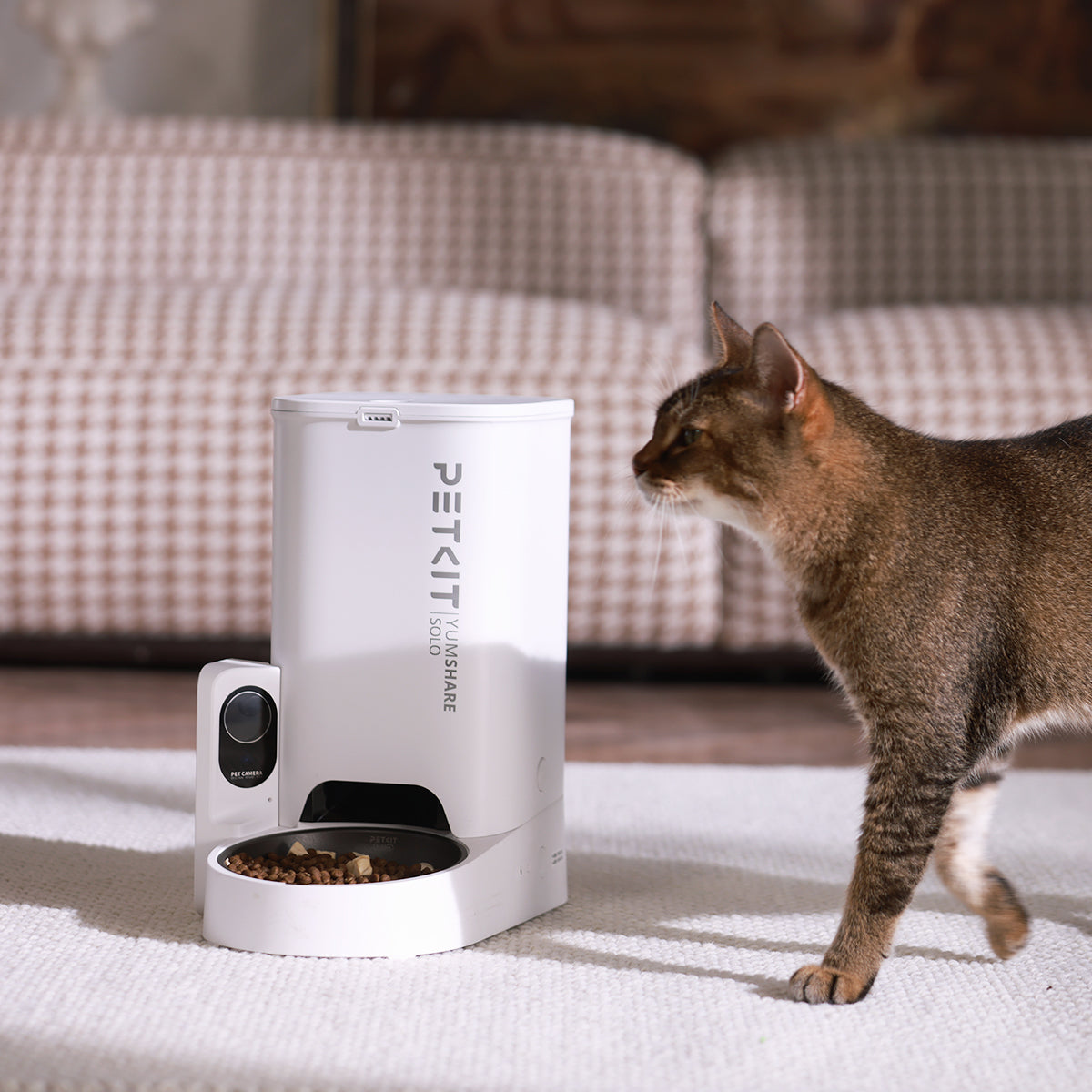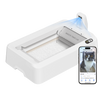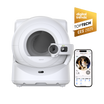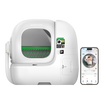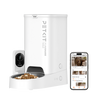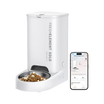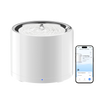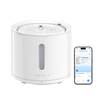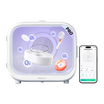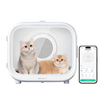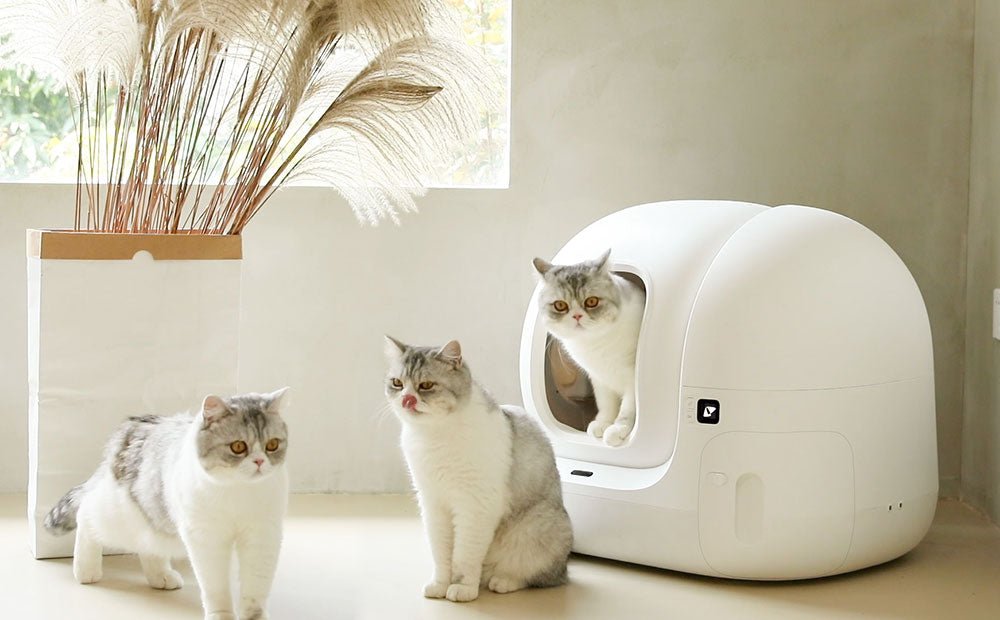Why does My Cat Keep Going to the Litter Box?
How many times does a cat pee each day? What is normal? In average, a healthy adult indoor cat may normally urinate 2-3 times per day but numbers can be influenced by water consumption, age, diet habits or environment. Some cat owners may concern if their cats urinate too many times a day but in fact, the changes in the certain frequency need more attention. For example, if your cat normally urinate 4 times a day and suddenly the number is reduced to 1, that should raise a red flag. So knowing your cat normal urinary frequency is very important as it may indicate several health issues when sudden increased or decreased frequency of urination is taken place.
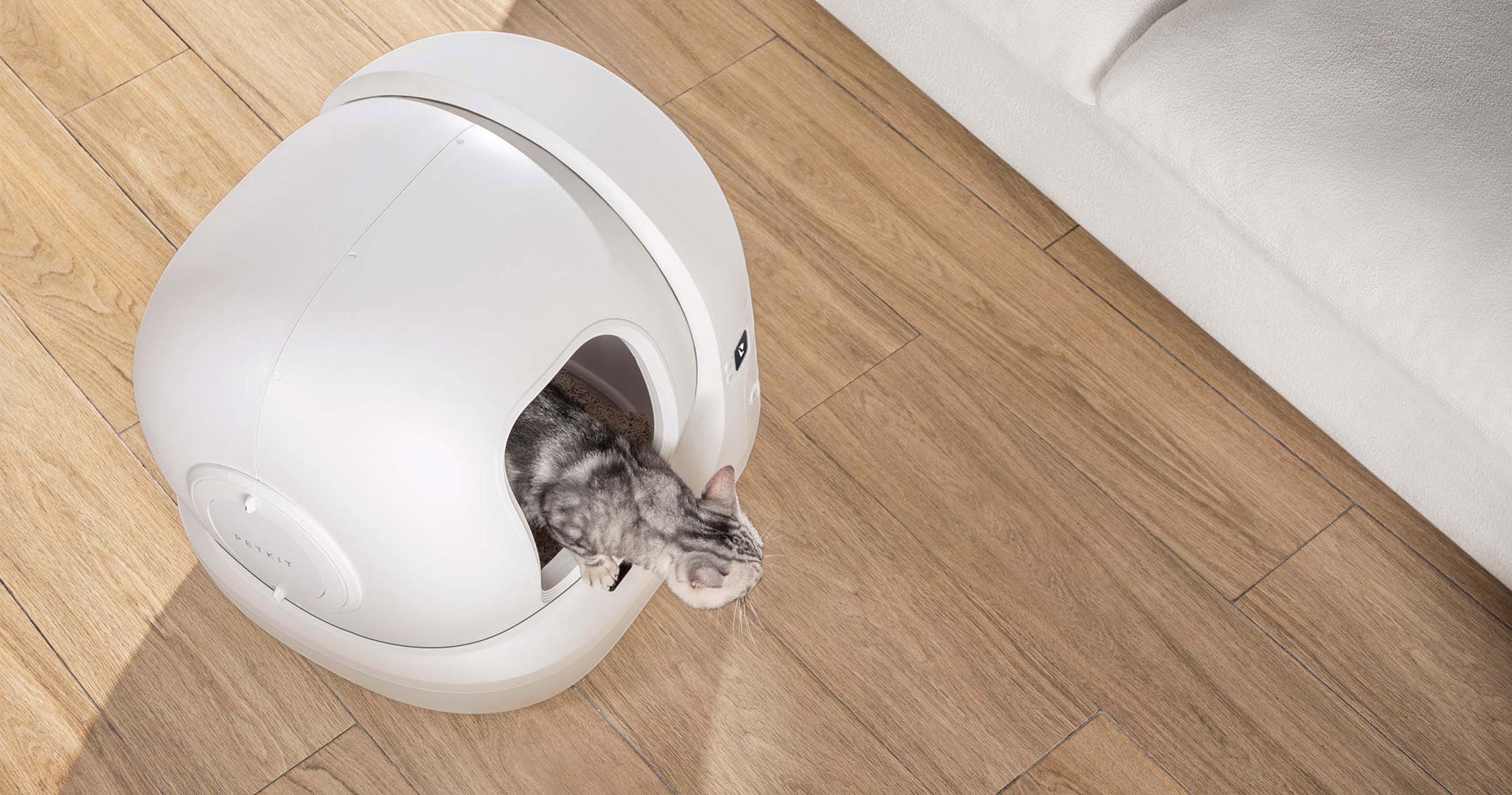
List of Some Medical Causes to the Changes of Your Cat Urinary Frequency
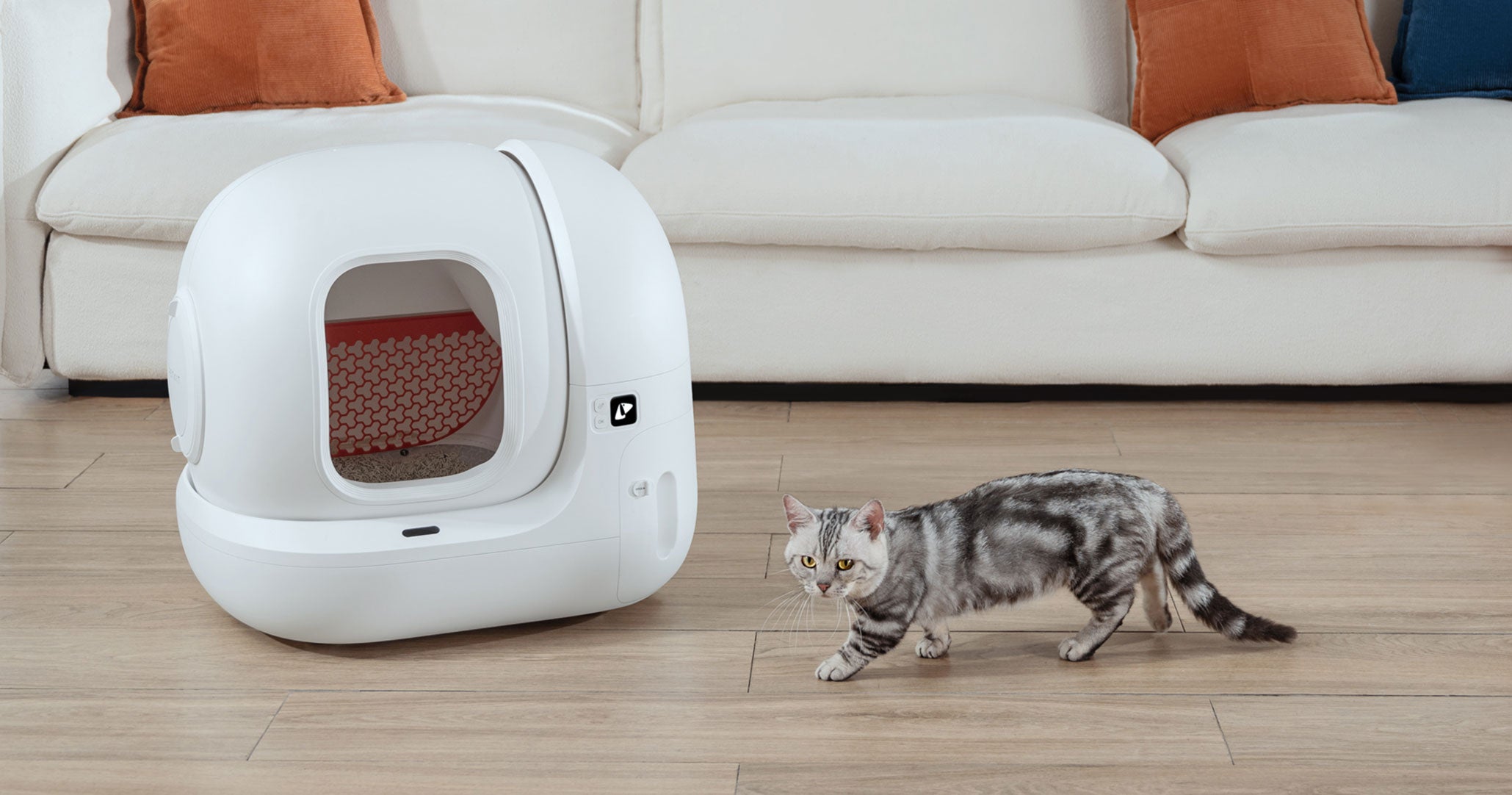
- Urinary Tract Infection (UTI)
There are many symptoms associated with UTI and some might not easy be detected at the early stage. Cats with UTI are in extreme pain and discomfort when urinating and it is usually caused by bacteria.
Main Symptoms
- More frequent attempts to urinate
- Reduced amount of urine or no urine at all
- Showing signs of pain
- Blood in the urine
- Peeing outside of the litter box
If any of the above signs are detected, take your cats to a vet immediately because cats with UTI could be fatal especially for male cats or cats with other medical conditions.
- Bladder Stones
Bladder stones are composed of minerals and when its concentration exceeds certain amounts, it will form microscopic crystals which in some cases, develop into different sizes of stones. Domesticated cats especially those who are less active, fed with less mount of fluids and don’t urinate regularly tend to be diagnosed with bladder stones. It usually shows very little signs at the beginning when crystals started to be formed, which brings great challenges to cats parents to catch. Bladder stones, in some severe cases, could develop into significant size and may cause internal bleeding. Worse than that, they may interfere with the passage of urine and cause complete urine blockage (urinary tract obstruction) which needs immediate medical emergency.
Main Symptoms
- Urinating more frequently
- Straining to urinate
- Painful urination
- Genital licking
- Bleeding when urinating
- Urine spraying
- Urination in the unusual places
Bladder stones are treatable with certain medical approaches such as bladder flushing, surgical removal and etc. However, stones are likely to recur if cats parents do not take any preventive measures. These measures include encouraging your cats drink enough fresh water daily, increasing their exercises, adding wet food into their diet and other particular advice from the veterinarian.
- Kidney Disease
Cats with most of the kidney diseases are manageable if caught at early stages and treated with proper medication. In most cases, cats diagnosed with kidney diseases are required of diet adjustment or even prescribed with kidney-friendly meal which involves specific nutrition and more moisture. More water intake will be encouraged for your cats with all stages of kidney diseases so you have to make sure fresh water should be always available for your cats.
Main Symptoms
- Excess thirst
- More frequent urinating
- Urinary accidents or incontinence
- Decreased appetite
- Vomit or diarrhea (may contain blood)
- Bad breath
- Weakness and weight loss
Kidney disease is one of the leading diseases cause the death or irreversible health condition of the cats. However, it is very difficult to spot at the early stage and cats are usually diagnosed after having severe kidney damages. It is critical for you to detect any of the subtle changes of your cat daily activities and mostly, changes in the urinary frequency are usually red flags related.
How Do I Keep Track of My Cats Urinary Frequency?
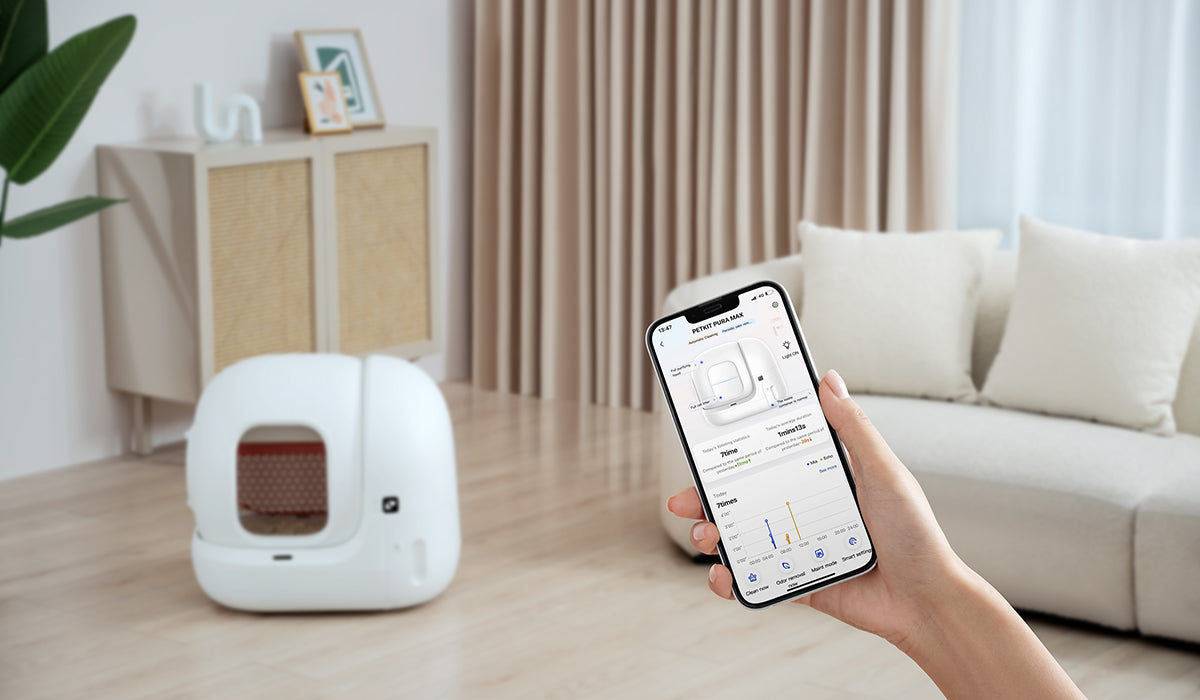
It is hard for cats parents to tell altered urination patterns with their cats solely through daily observation. According to one study, the data from parents’ daily observation may not be consistent and objective because of the following reasons: the limitation of direct observation; multiple cats and litter boxes; use of covered litter box; the placement of the litter box might be in secluded areas; secretive voiding habits of some cats. ) PETKIT Automatic Litter Box allows pet parents to establish the database for the pets through the connection of the PETKIT APP. Abnormal urination behaviors and underlying health issues of your cats could be hidden in the data report.
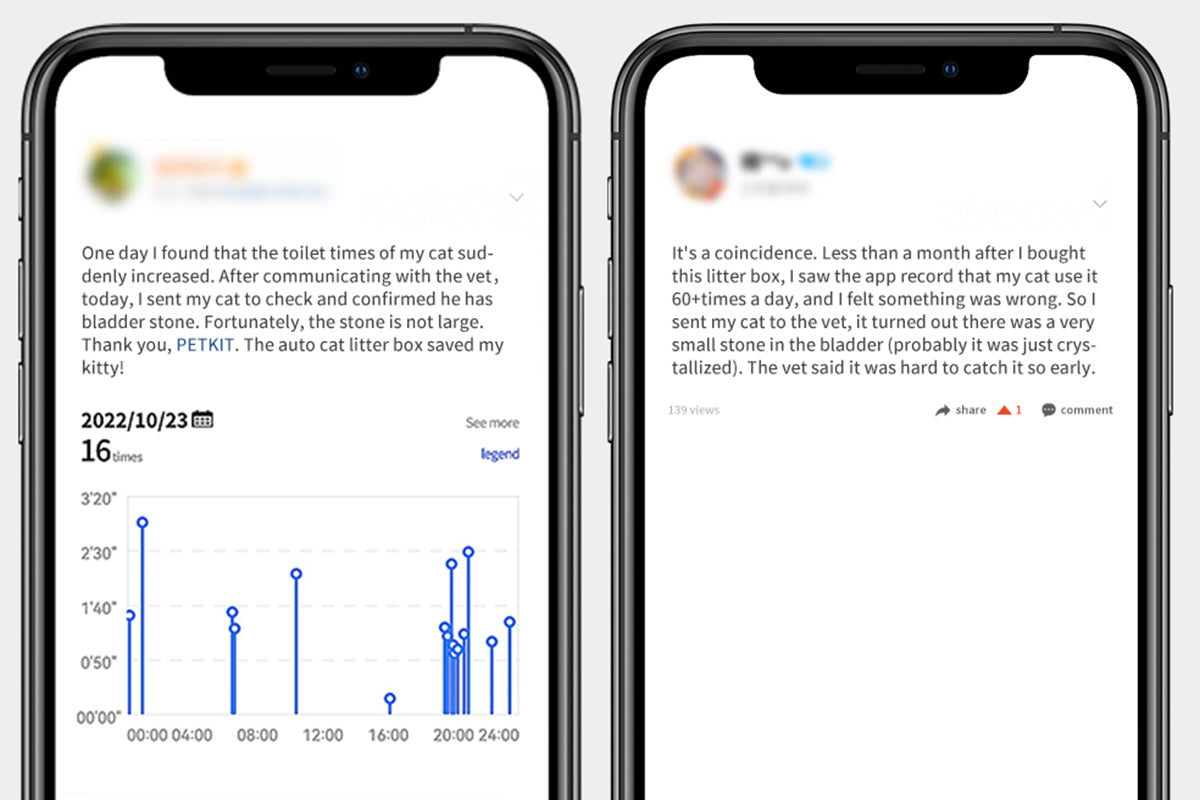
(*with the help of PETKIT app enabled automatic litter box, real users successfully caught the changes of their cats urinary frequency which was associated with bladder stones.)
Luckily, they discovered the changes from daily recorded data of urinary frequency and caught it at the early stage by using the PETKIT Automatic Cat Litter Box (with APP connection). We all know how important to keep track of our cats’ daily activities like their urinary frequency (how often does she/he pee in a day? Is there any changes in the normal frequency recently?), because it is significantly associated with their health condition in most cases. However, it is nearly impossible to record the data with our naked eyes, that is why you probably need a smarter automatic cat litter box to help you with the track of data.
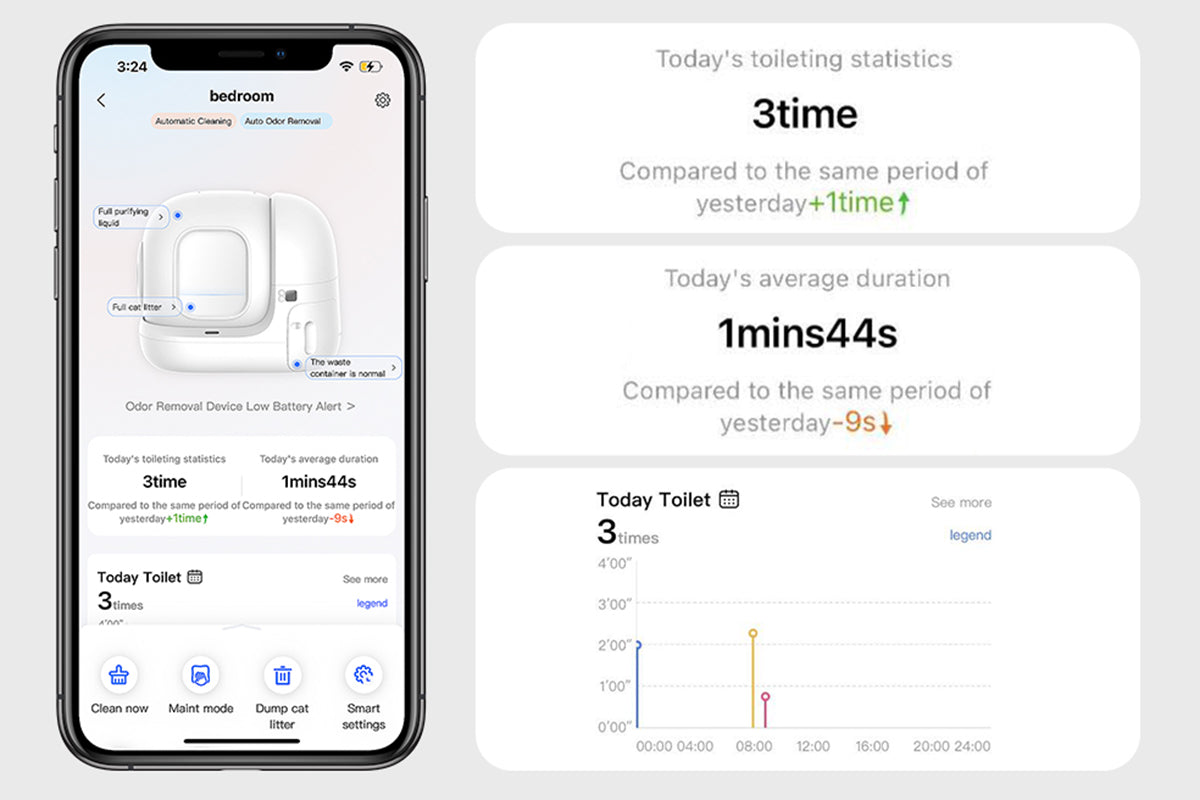
Through the connection of the PETKIT APP, you will be updated with daily urinary frequency of your cats and it is compatible for multiple cats family with its built-in weight sensor. It records each cats’ urination activities based on the difference of their weight.
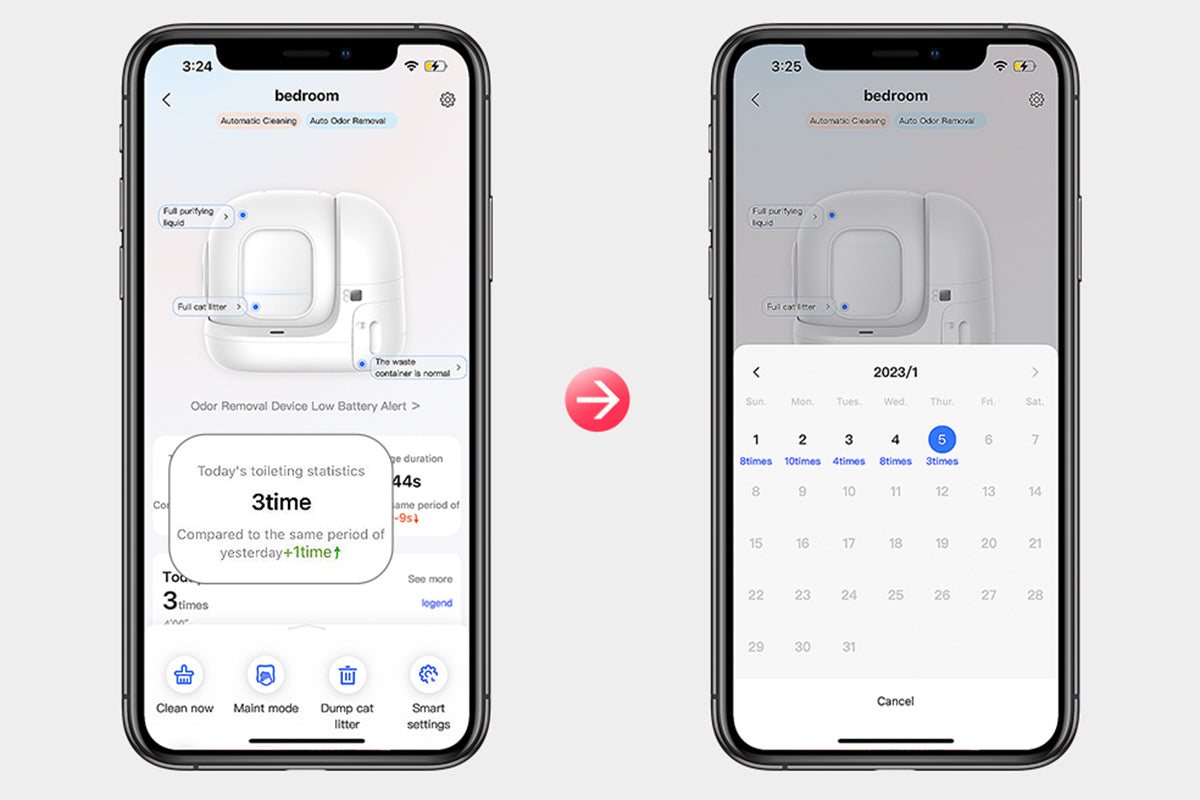
The latest version of PETKIT APP allows cats daily urination data to be tracked in the form of calender reminder, which is more clear and consistent.
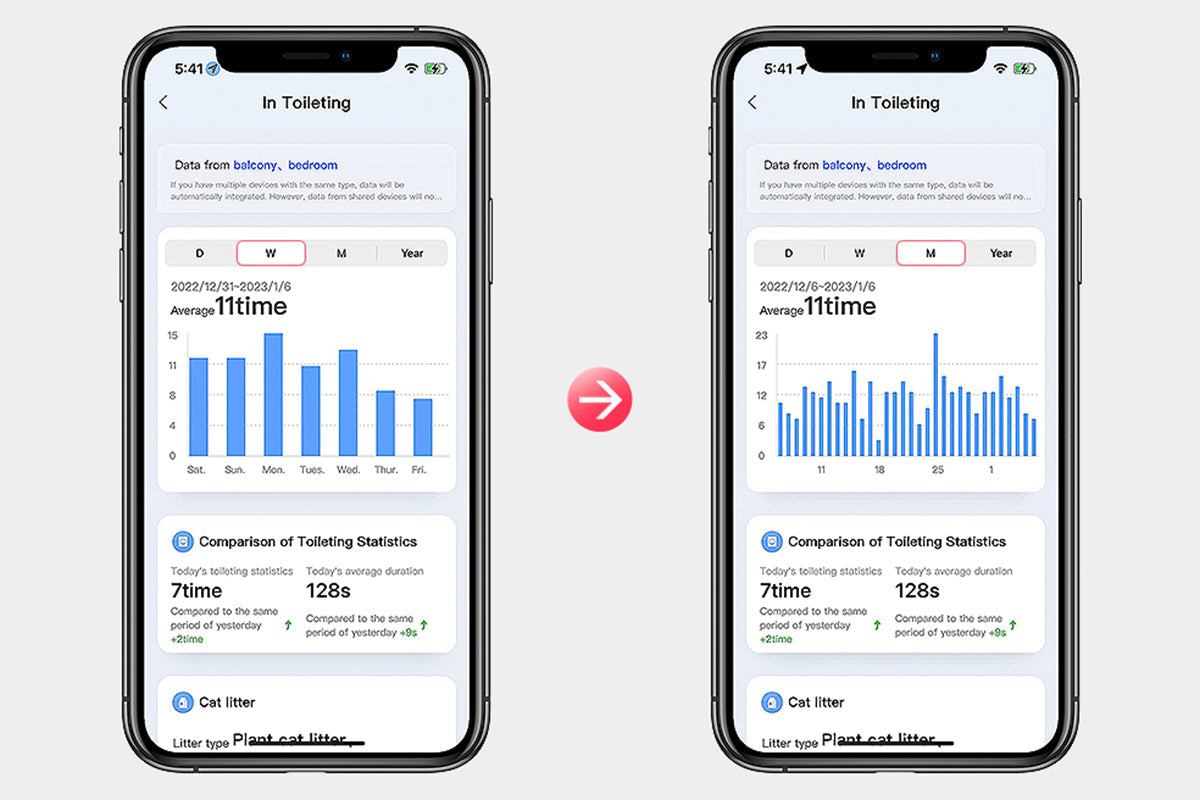
Weekly, monthly and annual reports of your cat average urinary frequency are also available with the PETKIT APP. By comparing the data from each period, you may find some changes (major or minor), which could be associated with some underlying health conditions. In addition, They may become future references for your veterinary when they conduct an annual physical check on your cats.
We love our pets deeply and we want the best for them. We blame ourselves every time when they have accidents or medical conditions. "I should’ve paid more attention..."; "I should’ve known..."; "She did act a little bit abnormal, but...", we all went through these moments when we feel sorry and frustrated, they could escape the suffering if we knew better. Make efforts and let your cats know how much you love them. You can start with: pay more attention to their subtle changes and keep records of their daily activities, help them stay on a healthy diet, encourage them to drink more fresh water and increase their daily exercises.


